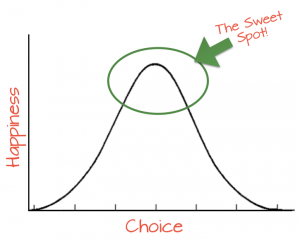For the last 6 years, I've reflected on my core values in early January as a part of my annual review and look forward. I typically only review the year prior's materials, to take stock of what I set as goals, as a point of comparison, but this year I went and dug up my annual plan from 2011.
It was sweet and a bit cringe-worthy to see just how ambitious, naive, intense and wide reaching my goals were in my mid-20's. I have to laugh thinking about what future Rebecca will think of my work, goals and plans today...
A few things struck me as noteworthy
- I have a LOT fewer core values. I went from 12+ down to 4.
- My ambitions are much less tactical and more at a vision level that is less attached the means.
- I still agree with 95% of my goals from 2011, but I only prioritize 30% at this point in my life.
- A year is a long time... but it goes by quickly. Same goes for 5 years. And, yes, even a decade.
- Its worth seriously evaluating goals I've been chasing for years without a ton of traction. Its pretty clear that there is a major misalignment. Perhaps I don't really want them. Perhaps they shouldn't be the goal, but the outcome of a different goal. I'm not sure yet.
Overall, the thing that struck me the most is that, even though I don't feel particularly focused... compared with 2011 Rebecca, I'm very focused.
What a good reminder that we struggle with the same things over and over. Just because we're still struggling doesn't mean that there hasn't been progress. Even massive progress.
 But, what to do with this information?
But, what to do with this information?